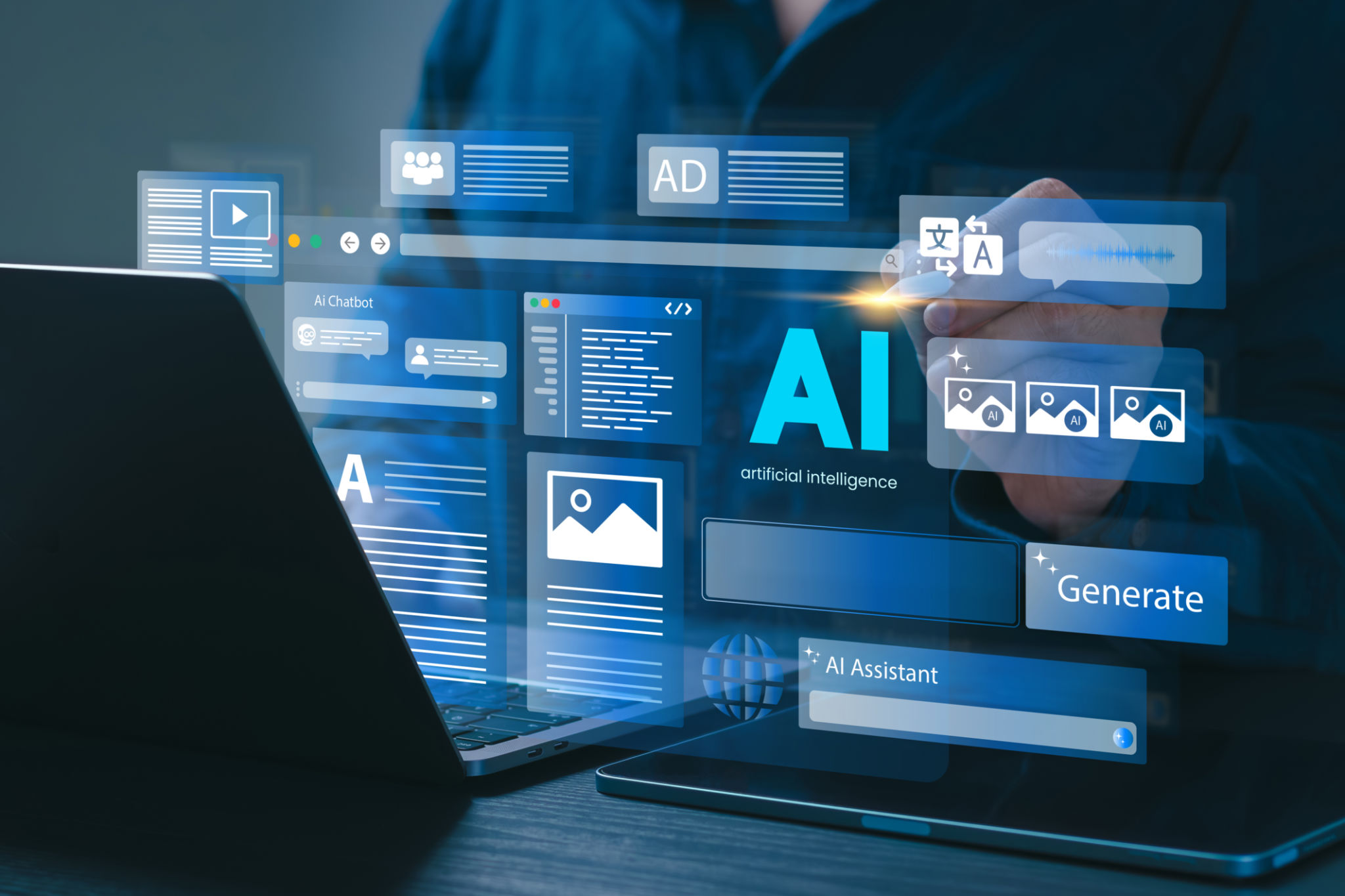Frequently Asked Questions About AI in the Media Industry
Introduction to AI in the Media Industry
Artificial Intelligence (AI) is transforming the media industry by revolutionizing content creation, distribution, and consumption. As AI continues to integrate into media workflows, several frequently asked questions arise among professionals and enthusiasts alike. This blog post aims to address some of these common queries to better understand AI's role in media today.

What Are the Key Applications of AI in Media?
AI is applied in various ways within the media industry. One of its primary applications is content creation. AI algorithms can generate news articles, write scripts, and even create music. Another significant application is personalization. AI analyzes user data to provide personalized content recommendations, ensuring audiences receive content tailored to their preferences.
Moreover, AI aids in enhancing user experiences through chatbots and virtual assistants that provide real-time customer support. In addition to this, AI plays a crucial role in advertising by optimizing ad placements and targeting specific audiences more effectively.
How Does AI Improve Content Creation?
AI-powered tools assist journalists and content creators by automating mundane tasks such as transcription and data analysis, allowing them to focus on more creative aspects. NLP (Natural Language Processing) enables these tools to understand and generate human language, facilitating the creation of news summaries, social media posts, and more.

Furthermore, AI can analyze vast amounts of data to identify trending topics, providing insights that help content creators produce relevant and engaging content. As a result, media companies can increase efficiency and output quality while reducing production time.
What Are the Concerns Related to AI in Media?
Despite its advantages, AI in media raises several concerns. One major issue is the potential for bias. AI systems trained on biased data may inadvertently perpetuate stereotypes or misinformation. Ensuring transparency in AI algorithms' decision-making processes is crucial to mitigate this risk.
Another concern involves job displacement. As AI automates tasks traditionally performed by humans, there is a fear that it may lead to job losses in certain sectors. However, many experts argue that AI will create new roles requiring different skill sets rather than eliminating jobs entirely.

How Is AI Shaping the Future of Media?
The future of media is heavily influenced by AI's ability to process and analyze data at unprecedented speeds. This capability allows for more informed decision-making, leading to innovative content strategies. As media companies embrace AI-driven insights, they can produce content that resonates more deeply with their audiences.
Moreover, AI is expected to play a pivotal role in enhancing immersive media experiences. Technologies like virtual reality (VR) and augmented reality (AR) are already benefiting from AI advancements, offering audiences more engaging and interactive experiences.
Conclusion
AI's integration into the media industry presents opportunities and challenges. While it offers numerous benefits such as increased efficiency and personalized content, addressing ethical concerns and potential biases remains essential. As AI continues to evolve, its impact on the media landscape will undoubtedly grow, shaping how we consume and interact with content in innovative ways.
